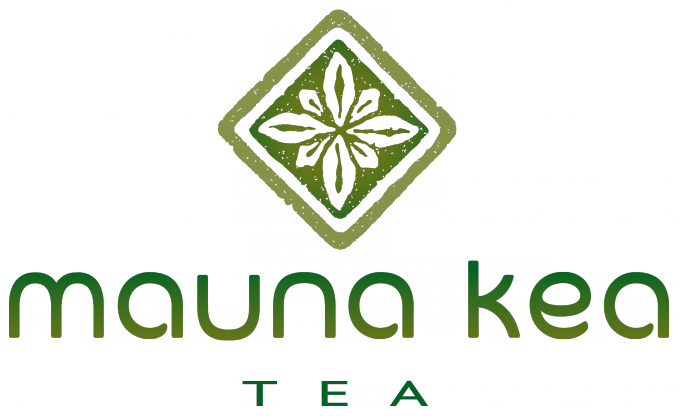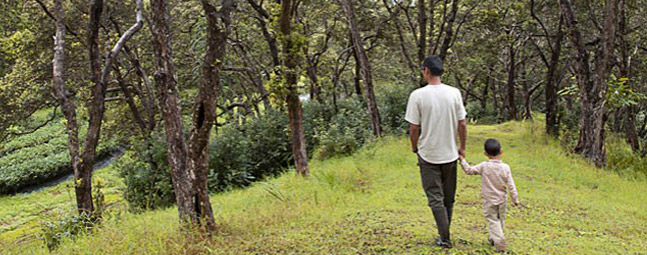Natural Farming
Good for people, good for the land
What if I didn’t use any fertilizer at all, both chemical and organic. Does it express more natural rhythm of the plant and encourage stronger growth?
I found the answer in “natural farming.” It is a philosophy of soil. It teaches us to observe the great power of soil and nature to utilize it in crop production. Natural farming teaches me to look in other directions. Primary objective is to make the soil and growing environment better without using fertilizer and pesticide, both synthetic and organic. You do not use manure or even compost for the purpose of giving the effect of fertilizers.
It sounds like lazy do-nothing farm, but it is not. Actually you do a lot of work, possibly more work than conventional farming, but different kinds of work.
When I read books and talked to people who practice it, I noticed that they say a lot of “don’t do this, don’t do ”, but as I study natural farming and actually try it myself it is very simple. Just let the plants live their life as they are intended. You just make a little adjustment to make it work for yourself. After all it is a philosophy, it does not teach you exactly how you do it. You have to understand your own unique environment and make it work.
Crop rotation is unnecessary
Every time you grow something, soil continues to get better. It teaches crop rotation is unnecessary since plants have the power to change the soil condition. You grow the same vegetable over and over in the same spot, say tomatoes or eggplants, and you have no nutrient imbalance or particular disease.
It explains that nutrients are created or atoms are converted to different element by living organisms (“Biological transmutations” popular concept in France by Louis Kervran).
We just have observe more carefully what type of weeds are growing and how we can utilize them to build soil.
Who is creating calcium?
Typically, soil analysis shows that our soil is low in calcium. No surprise. Red dirt in rainy hillside like ours generally means low pH. I find a lot of slugs in my garden, but in some area slugs have shells, or snails. I have also observed that some area I amended with some organic matter with calcium based materials also have some snails. Certain types of plants like horsetail and bamboo are known to create more usable form of calcium. It is also possible that some plants which we consider weeds are also capable of creating calcium from some other existing elements.
Some farmers who practice natural farming told me once, “When your soil is poor in calcium, certain type of weeds appear. When your soil lacks minerals, weeds create minerals.”
I was really stuck with typical academic way of thinking and couldn’t understand this simple, yet practical ideas. If it works on site, it does not have to make sense or be true in academic sense. We just have to understand that science does not know all.
I had enough people saying, “You can’t do this…, you can’t do that… you have to do it this way, or you have this problem….”, “erhhhh, let me just figure it out.” I just liked the ideas that nature is in control and I make a little adjustment.
Nature is full of surprises and I enjoy them. That’s what makes our life more interesting and fun.
The crops grown in this way heals our mind and body and also heals the land.
If we grow something good for the land, we are consequently growing something good for our own well-being.


